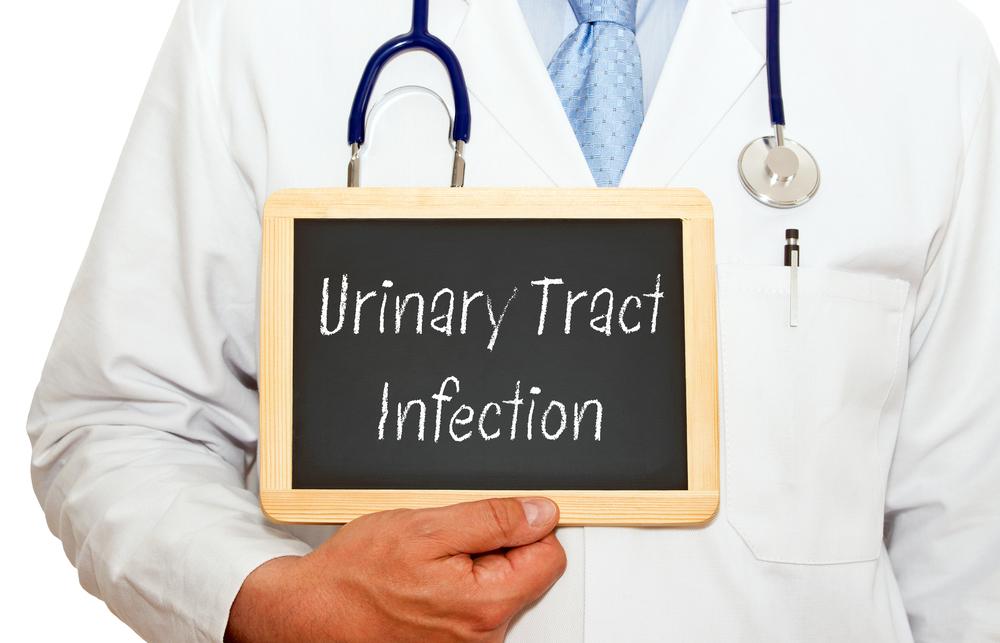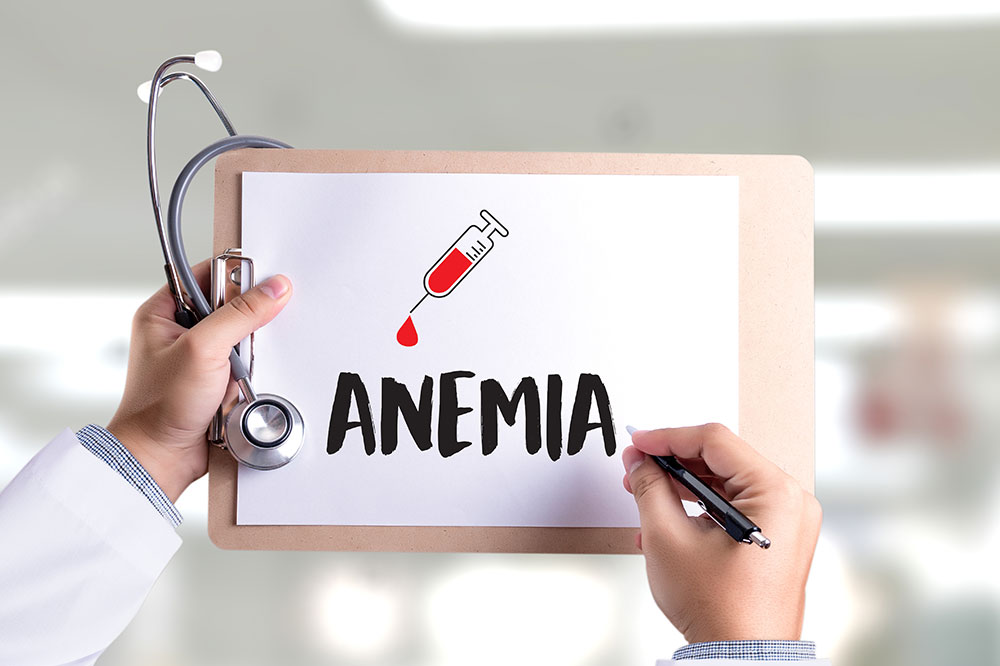Common Sexual Health Disorders and Recognizable Signs
This article highlights common sexual health disorders, their symptoms, causes, and risk factors. It emphasizes the importance of regular screenings for early detection and prevention of sexually transmitted infections. Understanding these conditions helps individuals take proactive steps to protect their health and seek appropriate treatment promptly.
Sponsored

Sexually transmitted infections (STIs) and sexual health issues often occur through intimate contact. These conditions are caused by bacteria, viruses, or parasites entering the body via semen, blood, or bodily fluids. Non-sexual transmission is also possible, such as through blood transfusions or sharing needles. Here, we outline key symptoms associated with several common sexual health concerns.
Signs and Symptoms
Symptoms of STIs can vary widely; some individuals may show no symptoms at all. It largely depends on the specific condition.
Below are some prevalent sexual health conditions along with their symptoms:
Chlamydia
This bacterial infection targets the genital areas. Symptoms typically appear weeks after exposure and include painful urination, lower abdominal discomfort, penile discharge, painful intercourse for women, and testicular soreness.
Gonorrhea
Another bacterial infection affecting the genitals, mouth, and anus. Symptoms may delay up to several weeks, including thick or bloody vaginal or penile discharge, burning sensation during urination, heavy menstruation, swollen testes, and anal itching.
Trichomoniasis
Caused by a single-celled parasite, this infection may be asymptomatic or develop symptoms within a month. Symptoms include unusual vaginal discharge (white, yellow, or green), penile discharge, strong vaginal odor, irritation, pain during sex, and painful urination.
HIV
A severe viral infection weakening the immune system. Early stages often have no symptoms, but later signs include fever, headache, sore throat, swollen lymph nodes, rash, fatigue, and, in advanced stages, weight loss, diarrhea, cough, and breathing difficulties. Early testing is crucial for diagnosis.
Causes
Various pathogens cause sexual health disorders. Viruses like HPV, HIV, and herpes; parasites such as trichomoniasis; and bacteria including gonorrhea, chlamydia, and syphilis are common culprits. Some conditions may arise without sexual contact, like hepatitis A,B,C, Giardia, and Shigella.
Risk Factors
Increased risk factors include unprotected intercourse, multiple sexual partners, prior STI history, sharing needles, and blood transfusions. Regular screenings are the most effective way to detect infections early, especially since many do not show initial symptoms.






